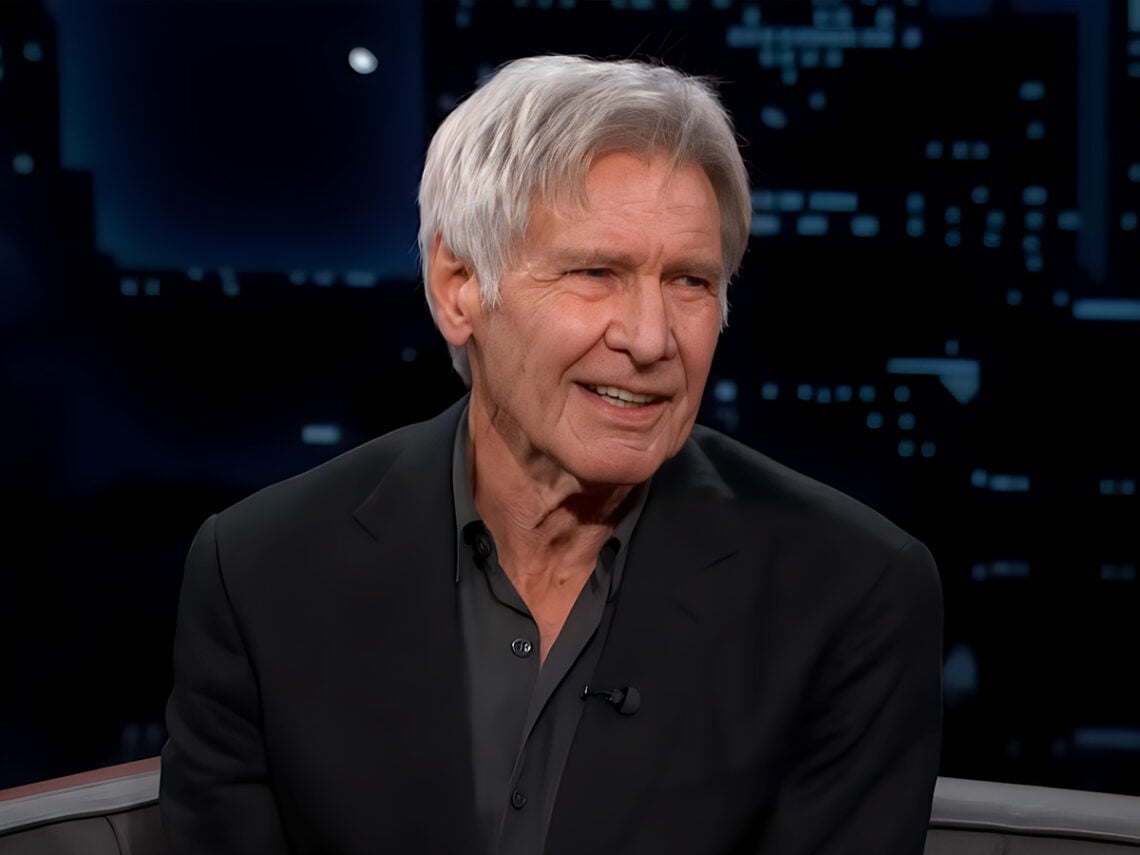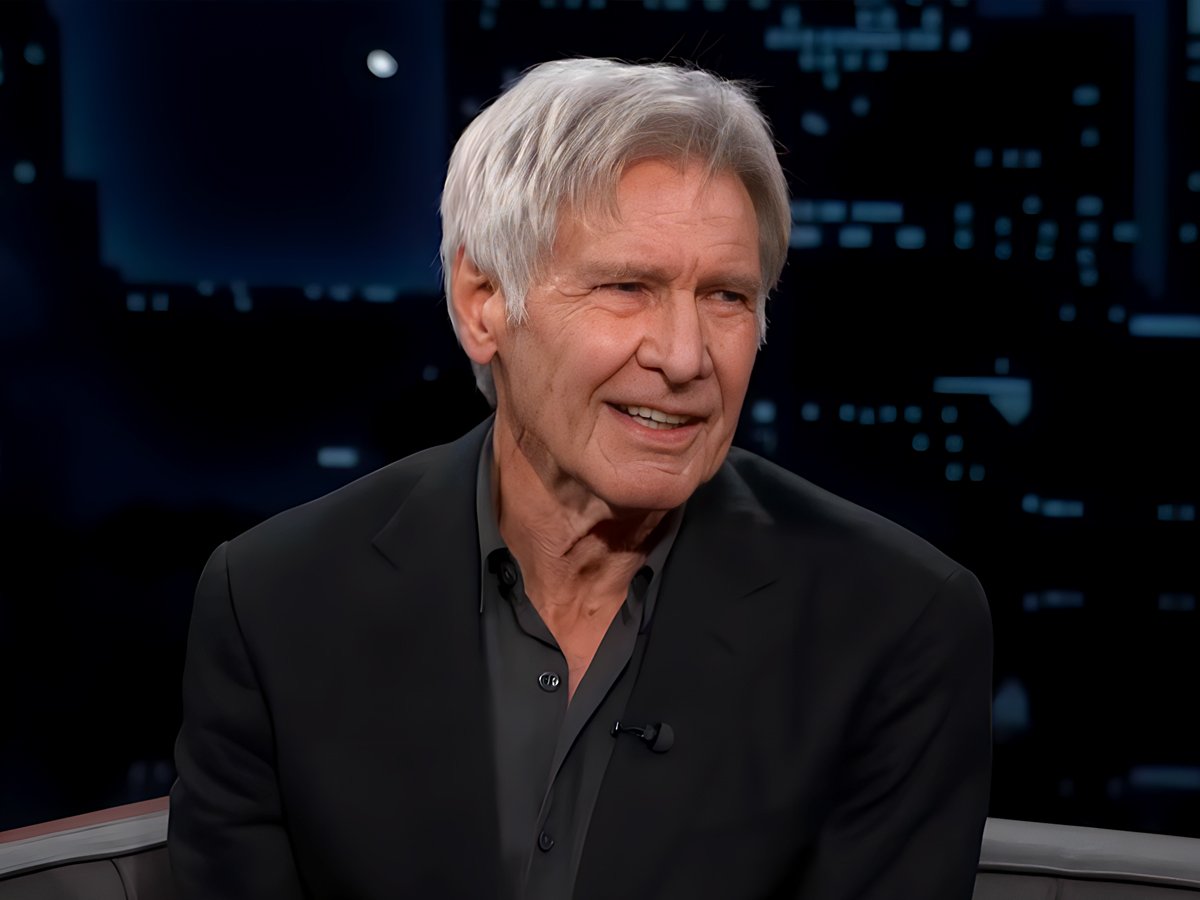
(Credits: Far Out / YouTube Still)
Wed 20 August 2025 18:45, UK
The hardest part of an actor’s career is always the start, unless they land a star-making part right out of the gate. Harrison Ford didn’t find one of those until he’d been working for a decade, but it wasn’t from a lack of trying.
If there was one person most likely to thwart Ford’s ascent to stardom, it was Ford. Even though he was a measly contract player during those formative years, he still had no issues standing his ground against people several rungs higher up the industry ladder, which didn’t do him any favours.
In fact, his fledgling filmography was almost ended before it began when he made an enemy of a studio vice-president, which was one of the reasons why his early credits were so forgettable. However, things could have changed in an instant had he not bombed two auditions for a game-changing role.
When an adaptation of Charles Webb’s The Graduate first entered development in the mid-1960s, Benjamin Braddock instantly became one of Hollywood’s most coveted characters. Every performer in a certain age range knew it was a big deal, and the casting race was incredibly heated from the beginning.
Admittedly, Robert Redford was eliminated from consideration because he was too handsome and had too much of a ladies’ man reputation to convince as the nebbish protagonist, and Ford ticked several of the same telegenic boxes. The major difference was that he was still a complete unknown, which potentially stood him in good stead.
At the time, Ford’s entire list of credits comprised two uncredited parts in Dead Heat on a Merry-Go-Round and Luv, and his only credited role thus far, albeit as Harrison J Ford, in A Time for Killing. Still, Walter Beakel, the head of Columbia Pictures’ talent development programme, thought he was perfect.
“The role as it was originally written was more Harrison Ford in life than anybody I knew,” he said. Evidently, Mike Nichols and the casting agents in charge of hiring The Graduate‘s ensemble cast disagreed because he didn’t only fail one audition, he bombed two of them.
“He didn’t do too well,” Beakel acknowledged. “He was young and he did not quite have the confident to execute an audition.” As everyone knows, Braddock was ultimately played by Dustin Hoffman, who earned an Academy Award nomination for ‘Best Actor’ and launched himself toward the A-list on the back of the film, which won Nichols the Oscar for ‘Best Director’.
It epitomised a shift in attitudes towards above-the-title stars, with the ‘New Hollywood’ generation favouring everymen with impeccable acting abilities over those who looked like they belonged on the marquee. “His type was out of style,” Beakel explained. “Harrison was a young leading man. The problem was that he was not off the wall, and he was not short and homely.”
Short and homely, he certainly wasn’t, and it would be another decade before Star Wars finally turned the failed Graduate auditionee into a hot commodity.
Related Topics

